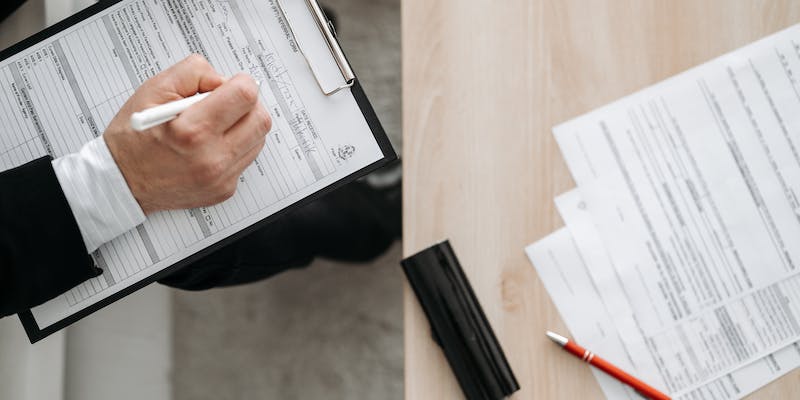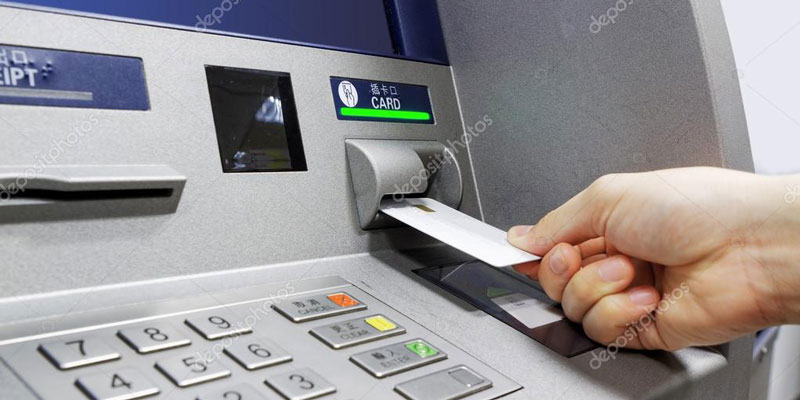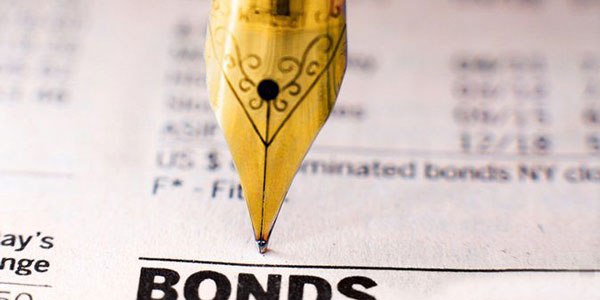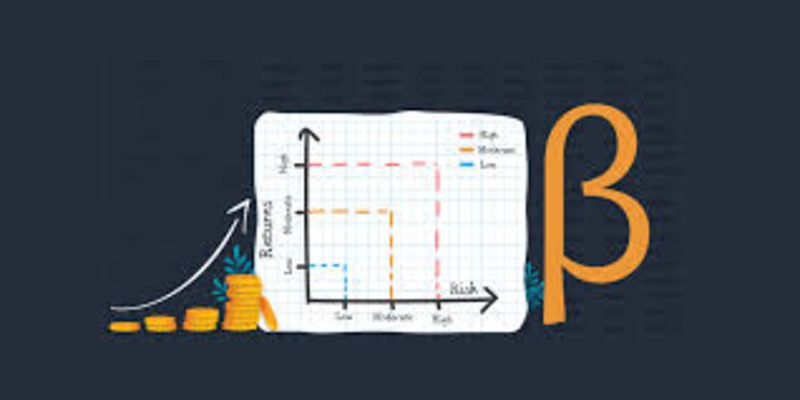Mortgage and other loan prepayments can be documented using a payback statement provided by the lending institution. It is common practice to have a payoff statement or mortgage payback letter sent to you outlining the last payment amount needed to end your loan. It may also include information about the remaining payment schedule, the interest rate, and the amount saved if you pay the loan off early.
Last but not least, it will include a "good-through" date, which is essential since, beyond that date, extra interest will be payable, causing your payback amount to change and necessitating a new payout statement request. Any loan's payback statement is available upon request.
The Functioning of a Payoff Statement

The first step in paying off a debt is to request a payment statement. Payoff statements can take a variety of forms depending on the lender. If you want to pay off your online loan early, your lender will likely provide you with a short payback amount that specifies the precise amount you need to pay on a given date.
Suppose you have a loan with a traditional financial institution. In that case, you may need to contact a customer service person to receive a formal payback statement that provides a more detailed overview of information about the loan. Prepayment amounts on payback statements are typically calculated based on the next scheduled forward payment date.
When discussing a debt consolidation loan with a new lender, getting payback statements from your existing creditors is standard practice. A debt reduction agency can also act as an intermediary in these negotiations. A financial institution may use the revenues of a debt consolidation loan to repay the borrowers' existing loans if they wish to do so.
Costs Associated With The Closing Statement

So, how much does a reward entail? The amount of money you'll need to pay off your debt may be different than the number you owe right now because of interest and other costs you haven't yet covered. 3 Requesting a payback statement may result in fines or costs from some lenders. Before submitting a request for a loan, you should read the agreement carefully and make sure you understand all of the conditions.
Replacements for Payoff Letters
Lender payback quotations can also be obtained verbally. Even though you won't have a formal, legally binding instrument, you may at least estimate how much cash you'll need to repay the loan. Even if you get the price verbally, you can proceed with payment without recourse if the number is wrong.
Getting the ball moving with a verbal payout amount is dangerous but possible if you don't mind waiting around while funds are transferred, and accounts are updated.
Types of Payoff Letters
On the other hand, a payoff letter can also be the letter you receive after paying off a loan. Having this letter to show that your loan has been paid off is helpful if you ever find yourself in a sticky situation. A buyer may hesitate to purchase a vehicle from you if they discover that you owe the vehicle's title money.
Lenders' removal of liens and delivery of titles might take some time, so a letter like this may help things forward. If there are mistakes on your credit record, a payback letter might help clear things up. You'll need proof that the debt was paid off to have the credit bureau erase the inaccurate information. The lender's letter will aid in having the mistakes fixed.
What Exactly Is A 10-Day PayBack Letter?
When you're applying for a new loan that includes paying off an old one, both loans will be paid off in 10 days. If you're switching auto loan providers and want to keep your current car, the new lender will write to your current lender and ask for the repayment amount plus interest for the next ten days. This would allow the new lender to settle up with the previous one.
Special Considerations
If a creditor has initiated any collection action regarding a particular debtor account, they may send the borrower a payment statement. A lien or other severe collection action is typically linked with payback statements. A lien is a court order that allows a creditor to take possession of a debtor's property. When a debtor fails to make payments as agreed, the creditor has the right to seize and sell off some or all of the debtor's assets to satisfy the obligation. In most cases, a lien will be accompanied by a payback statement explaining the specific steps the borrower must take to satisfy the lien and put an end to any further enforcement.










